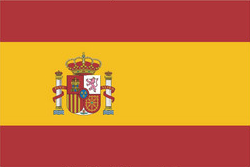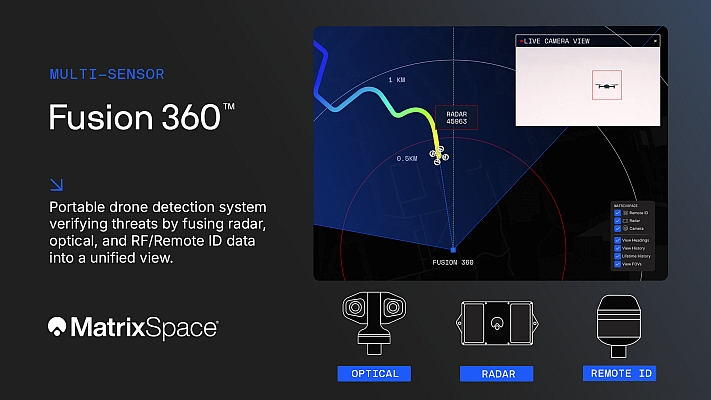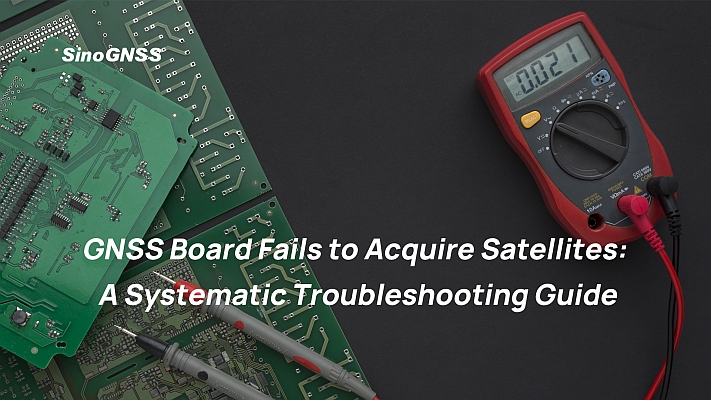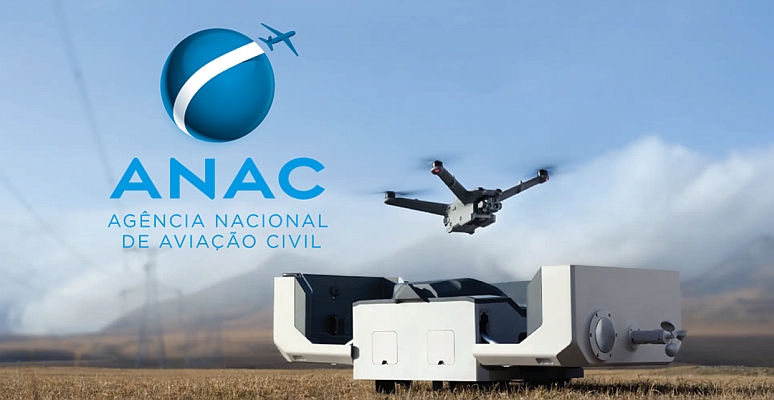The Open Geospatial Consortium (OGC®) membership has approved the OGC® Information Technology Standards for Sustainable Development white paper. This important document for environmental science, business and policy is available free at https://portal.opengeospatial.org/files/60920.
An integrated information technology (IT) standards platform for communicating digital environmental data is a critical requirement for social and economic progress in the “Anthropocene Epoch”, the current era in which humanity’s expanding footprint has become the main cause of change in the planet’s geology, water bodies, atmosphere and biosphere. The authors argue for a concerted and ongoing global effort to 1) define data communication and system interoperability requirements for environmental science, business and policy, and then 2) develop and implement consensus-derived, free and open environmental Information Technology (IT) standards that meet those requirements and that co-evolve with the larger IT standards framework and advances in IT.
Measuring and managing our impact on the Earth requires constant and widespread communication and integration of spatial environmental information.
The volume of environmental data flowing from sensors, satellites, citizens, models etc. grows exponentially. However, it has little value if it can’t be easily discovered, assessed, accessed, compared, aggregated, processed, and passed from system to system.
Denise McKenzie, OGC’s Executive Director, Communications and Outreach, will be presenting on the whitepaper on Thursday, 12 March, as the key speaker in the Sustainable Management of our Natural Resources stream at the Locate15 conference in Brisbane, Australia.
The OGC® is an international consortium of more than 500 companies, government agencies, research organizations, and universities participating in a consensus process to develop publicly available geospatial standards. OGC standards support interoperable solutions that “geo-enable” the Web, wireless and location-based services, and mainstream IT. Visit the OGC website at http://www.opengeospatial.org/.










